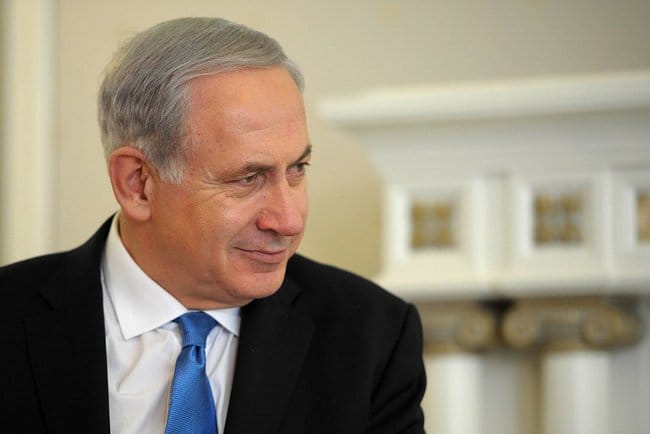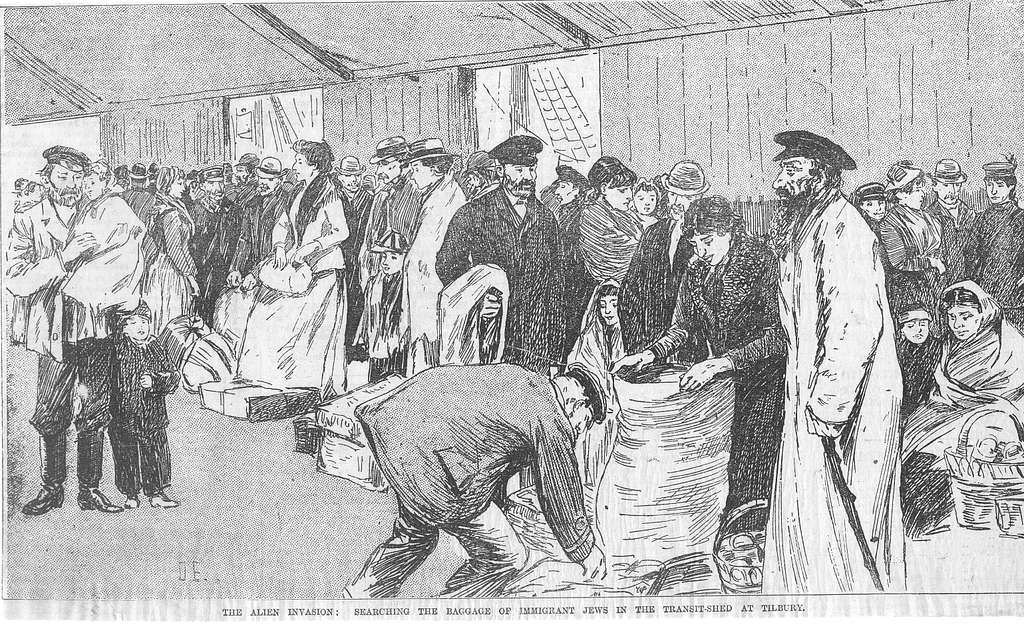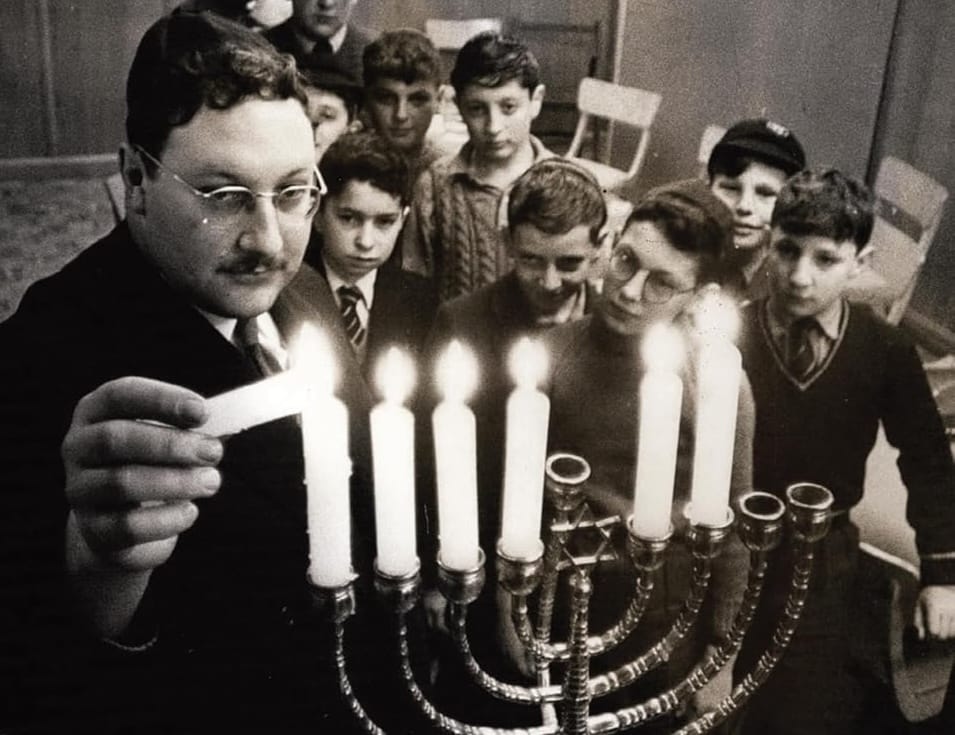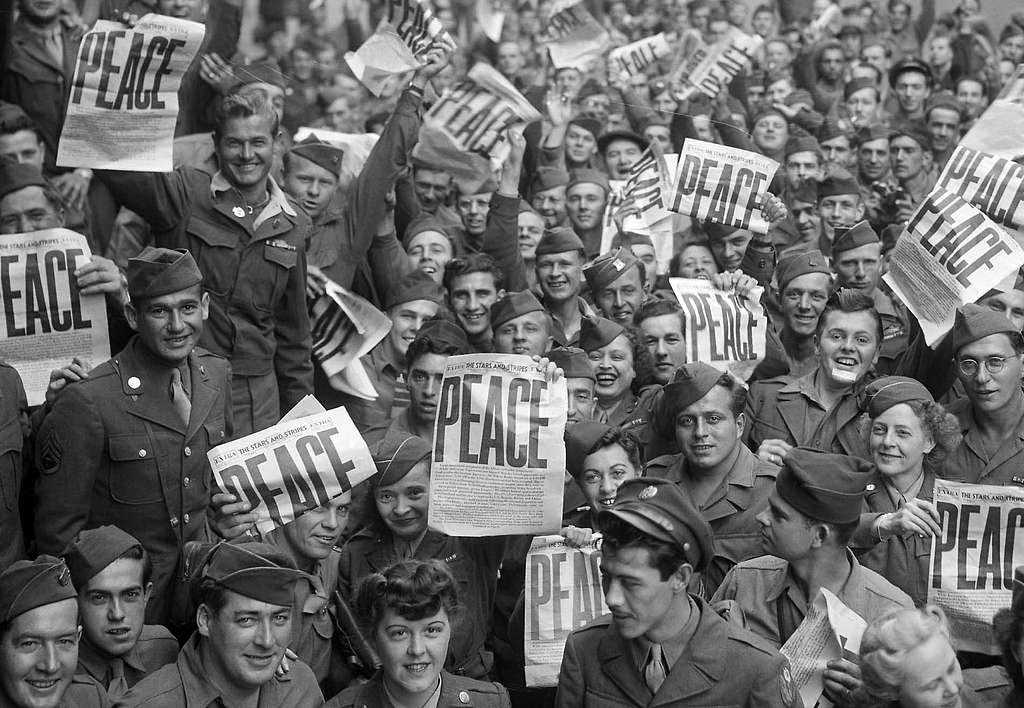We must resist Netanyahu's cynical right-washing of the Holocaust
The Israeli PM’s plans to appoint an anti-Palestinian racist to lead Yad Vashem conveys the danger of particularising the Shoah, writes Naomi Magnus.

Today is Holocaust Memorial Day, marking the seventy-sixth anniversary of the liberation of Auschwitz-Birkenau, and commemorating the millions of people murdered in the Holocaust and subsequent genocides in Cambodia, Rwanda, Bosnia and Darfur. Perhaps the best-known memorial to the Holocaust is Yad Vashem, the Israeli national monument and museum based on Mount Hertzl, near Jerusalem. In November, reports emerged that the Israeli prime minister Benjamin Netanyahu was planning to appoint a certain Efraim Eitam as its head.
Eitam’s prospective appointment has drawn fierce opposition both internationally and domestically, including from those usually loath to criticise the Israeli state – indeed from Netanyahu’s own defence minister, Benny Gantz. Eitam is not the sort of person you’d expect to lead an institution which aims to “protect the basic values of humankind by fighting discrimination, bigotry, indifference and hatred”. A far-right cabinet minister and former brigadier general, Eitam has described Palestinians as “creatures who come out of the depths of darkness”, and has suggested they should be ethnically cleansed from the West Bank. Eitam doesn’t even bother with the hasbarist rhetoric about Palestinian citizens living equally in the Middle East’s only democracy: to him, Palestinian citizens of Israel represent a “fifth column”; he has warned Palestinian MKs of “the day … when we will banish you from this house and from the national home.”
Yet the outrage at Eitam’s rumoured appointment should not suggest that it is anomalous. Only partly explicable as an attempt to win settlers’ votes in the upcoming general election (Eitam was previously leader of the National Religious Party, which grew out of the settler movement), it is mostly the logical conclusion of instrumentalising the Holocaust for political gain.
Netanyahu has become notorious for farming out Yad Vashem to his fellow strongmen. In recent years, numerous right-wing heads of state have visited the site, eager to purify their countries’ Holocaust history and often their own personal reputations for antisemitism: among those welcomed have been Hungarian president and Europe’s foremost Soros conspiracist, Viktor Orban; Hitler acolyte and Filipino president Rodrigo Duterte; and Andrzej Duda, the Polish president who once insinuated that his rival would sell out the country to “Jewish interests”.
Far from inviting them to reckon with their troubled histories, Yad Vashem has been forced to bend over backwards so as not to offend these visiting heads of state. In 2018, a Yad Vashem tour guide suggested to the visiting Austrian chancellor Sebastian Kurz that recent attacks on Jewish communities in Austria might be compared to those perpetrated during WWII – including by members of the Freedom party, then serving in Kurz’s coalition. Yad Vashem later publicly apologised for the incident, stating it was not their policy “to mix Holocaust remembrance with politics” (though this, according to staff have who spoke to the New York Times, is precisely what the organisation is being made to do: “[M]any of us see a collision between what we believe are the lessons of the Holocaust and what we see as our job, and between the way Yad Vashem is being abused for political purposes”).
Meanwhile, Netanyahu has cynically deployed the Shoah as a diplomatic bargaining chip, heschering the Holocaust revisionism of European states including Hungary, Lithuania and Ukraine. While he initially rejected the Polish law making it illegal to accuse the Polish nation or state of complicity in the Holocaust, he soon underwent a change of heart; just four months after the law passed in 2018, Israel and Poland issued a joint declaration in which the former “reject[ed] the actions aimed at blaming Poland or the Polish nation … for the atrocities committed by the Nazis”. Bibi is nothing if not fair, however: at the following year’s World Holocaust Forum (WHF) that Israel hosted in Jerusalem, he gave Russian president Vladimir Putin the opportunity to accuse Poland of collaborating with the Nazis, distracting from the Soviet Union’s own Nazi collaboration.
Though Yad Vashem’s chief historian helped draft the joint Israeli-Polish declaration (supposedly in a personal capacity), this declaration received a rare rebuke from the museum. Yehuda Bauer, a historian based at Yad Vashem, argued that Israel cosigned the Polish narrative “because to the State of Israel, economic, security and political ties are more important than a little matter like the Holocaust”. This analysis is accurate but partial. In offering up the Holocaust to far-right leaders on the continent, Netanyahu is not only motivated by realpolitik, but by deeper ideological affinities. These heads of self-professed “illiberal democracies” are his natural allies. They share in his ethnonationalism, the same that encourages them to cleanse their national histories of the stain of genocide.
In Israel, this ethnonationalism has encouraged a particularisation of the Holocaust, particularly amongst the political right. In their view, the principal lesson of the Shoah is the need for a powerful state that can protect Jews from those who seek to destroy us, justifying Israel’s role as aggressor by reference to its people’s historical victimhood.
Netanyahu has cynically deployed this narrow conceptualisation of Jewish trauma as a stick with which to beat the Palestinians. Last year, the prime minister used the occasion of the WHF to compare the International Criminal Court’s proposed investigation into potential war crimes in the West Bank and Gaza to “new edicts … being issued against the Jewish people”. At the World Zionist Congress five years earlier, Bibi claimed that the WWII-era Palestinian grand mufti of Jerusalem had been the first person to propose the idea of Jewish genocide to Hitler. Despite several historians at Yad Vashem disputing this claim, Netanyahu doubled down, insisting that “…the father of the Palestinian nation at the time… [even] before the ‘occupation’ … aspired with systemic incitement for the destruction of the Jews.” This trend of weaponising the Holocaust against Palestinians has culminated in the prospective appointment of someone who calls for their ethnic cleansing as head of Israel’s preeminent Holocaust museum.
Unfortunately, British Jews are not immune to this historical particularism. Too many of our community’s most ardent defenders of Holocaust history hold or tolerate openly racist views, oftentimes in their defence of Israel. The Board of Deputies, among the loudest advocates for a national Holocaust memorial in Westminster, recently allowed the Israeli ambassador to use their platform to describe the Nakba as an “Arab lie”. For their part, the Zionist Federation recently hosted the well-known anti-Palestinian activist David Bedein, who has previously commemorated the Holocaust by speaking at a Kahanist conference where leftists were likened to Nazis, and where Bedein himself claimed that killing Jews was a core component of the Palestinian curriculum. In a recent Jewish Chronicle article, one British Jewish Trump supporter defended themselves against accusations of fascism on the basis that their relatives are Holocaust survivors. Our experience of oppression can blind us to our own oppressiveness, and loosen our grip on the universal principles that might prevent a repeat of history.
The Israeli novelist Yishai Sarid’s recently-translated The Memory Monster is written as a letter from a Poland-based tour guide to his employer, the director of Yad Vashem. In it, the narrator recounts touring young Israelis around the camps. “I heard them talking about Arabs, wrapped in their flags and whispering, The Arabs, that’s what we should do to the Arabs,” he recounts. “What has the trip taught you?” he asks the young people at the end of one tour. One responds: “…in order to survive we need to be a little bit Nazi, too.” To him, it is clear what “never again” means: never again for us. ▼
Naomi Magnus is an activist with several Jewish groups, including Na’amod: British Jews against Occupation and Young JCORE.
Author

Naomi Magnus is an activist with several Jewish groups, including Na’amod: British Jews against Occupation and Young JCORE.
Sign up for The Pickle and New, From Vashti.
Stay up to date with Vashti.



